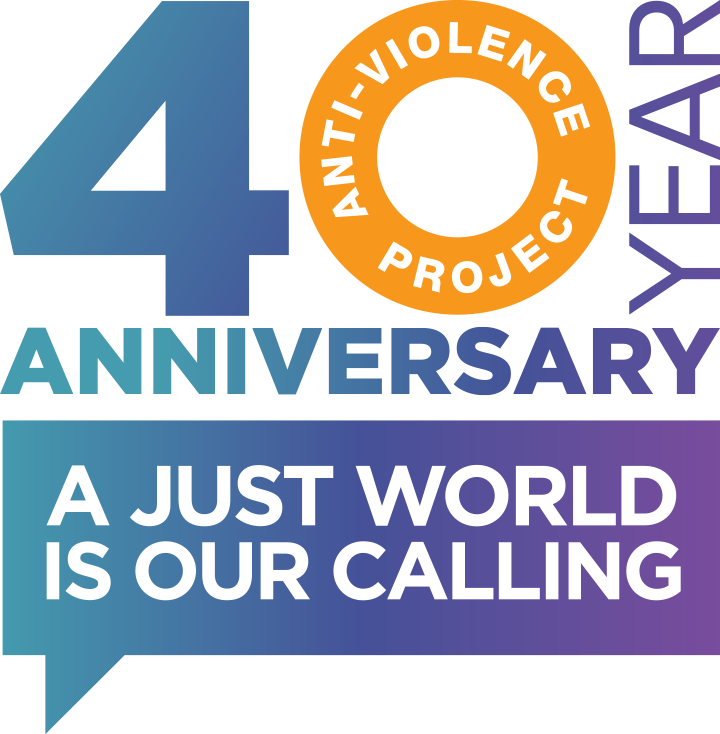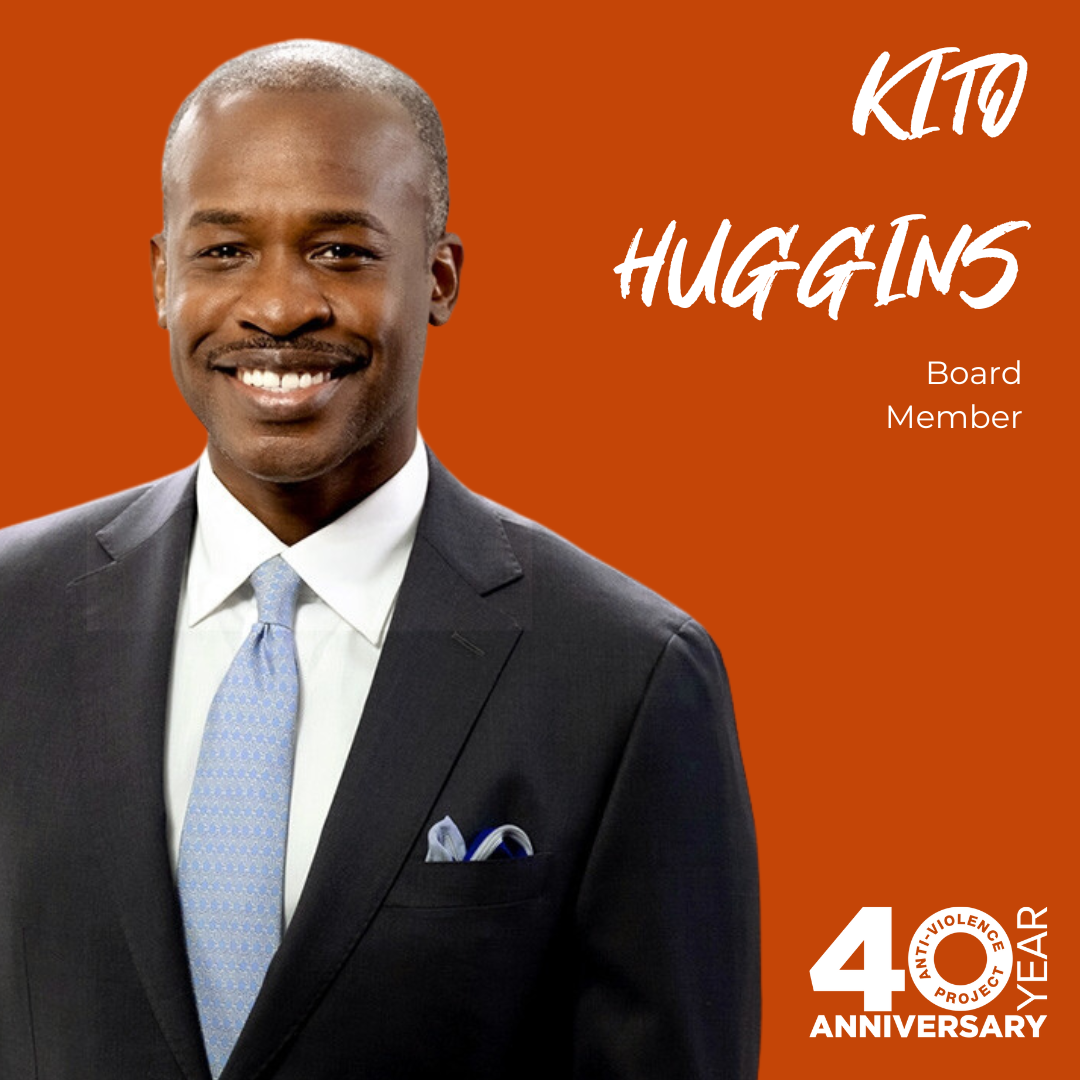
This interview has been shortened and condensed for clarity.
Matt doesn’t consider himself an “activist,” so much as he considers all the things he does as work that needs to be done. Matt has worked in a variety of spaces– from promoting trans inclusivity on kink LiveJournal boards, to HIV research, to working as a hotline trainer at AVP.
In his six years of producing the Folsom Street East (FSE) street festival, Matt was determined to make kink a space inclusive for all. Matt first got involved with AVP after discovering AVP’s decades-long partnership with Folsom Street East
“There’s a perceived conflict [about] being [seen as] too overtly queer, whatever that means.” Matt said. “Because if we’re visible in certain ways, then people aren’t going to give us the rights that we’re demanding.”
AVP believes that overt queerness, kink included, is a holistic part of our movement has sustained Matt as a partner and comrade. Here he shares more about what he’s learned from his work with AVP over the years.
When and how did you first learn about AVP?
I first learned about AVP the summer of 1999. During my final year of college I worked several part-time jobs, one of which was recruiting participants for HIV-related research studies. My manager scheduled me for a shift at Folsom Street East, a fetish-themed Pride street festival that donates its proceeds to LGBTQ+ community organizations, including AVP. Flash forward nearly twenty years and I was president of the Folsom East board, leading the team producing the festival and still partnering with AVP as a beneficiary.
What inspired you to engage us and our work?
The fact that AVP was willing to be front and center there and ready to say, “Look, we understand what sexual violence is. We also understand what it isn’t and we understand what consent is.” It’s going on 25 years now that this relationship has existed. It’s really extraordinary.
Two decades ago many LGBTQ+ community organizations eschewed any association with kink in the name of respectability, and some still do today. Popular discourse frequently conflated consensual kinky sex with sexual violence. As a survivor of sexual violence and a budding kink practitioner, my engagement with AVP helped me reconcile those two aspects of my own journey.
Can you describe a part of your experience with AVP’s work?
I signed up for hotline training in January 2017, which was a different and much more explicit relationship to AVP than I’d had before. And again, something that was really striking about that is that they offer a hotline training module that is specifically about kink, fetish, BDSM (bondage, discipline, sadism, masochism), and have for a long time.
I’m doing hotline training and I sit through the kink module. I said, “A few things there could probably use some updating.” And [the facilitator said], “Yeah, that’s why we asked you to [work on updating the training].” I was like, “Okay, well, I can take a crack at it and just make some revisions.”
So I take the PowerPoint back home and I’m like, “I would change this, and add this, and maybe take out a couple of slides.” They [said], “Great. Why don’t you present it during the next hotline training?” I’m like, “I’ve only been a hotline volunteer for a month. I don’t know how qualified I am to do this.” They were like, “You’re absolutely qualified to do this.” And I think that’s exemplary of AVP too, in the sense that a thing that we often say at the hotline is that people are experts in their own lives… We don’t give advice, we give people options. But an extension of saying that is also that everyone is an expert, to some degree, about something. And everyone has an opportunity to contribute that kind of expertise in the service of the work that AVP is doing.
So to have that opportunity elevated like that, to be able to move from not just being a volunteer taking hotline calls, to showing up three times a year and walking people through two hours of training about kinky sex.
Why do you continue to do what you do?
In a moment where we have great political success, we have a recognition of rights at a national level if not at a state level, there are people, who are part of this community, that are still being left behind. I think for a lot of people it’s like, “Well, we’ve done what we needed to do and now we’re going to fold up the tent and go home.” And we haven’t finished the work.
But it’s not on us to finish the work. There are going to be multiple generations of people who come to do it. My participation with AVP is about aligning that work because I think it’s important.
What challenges do you face in organizing?
Even to this day, there are organizations that do community work and advocacy for LGBTQ people in New York City that would not have a relationship with Folsom East. Not because they disliked the work that we were doing, but because they did not want to be associated with that for fear that they would lose credibility or lose donors. So for AVP to sign up for that was really remarkable.




